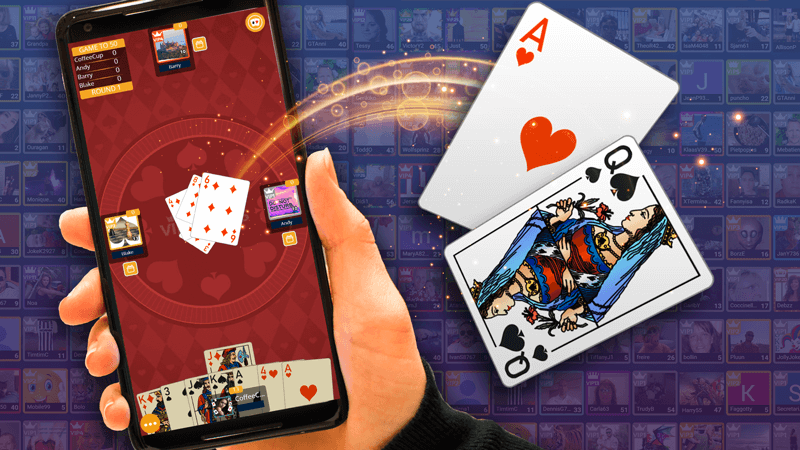
The Evolution and Impact of Online Games: A Digital Revolution
Online gaming has evolved from a niche hobby to a global phenomenon, reshaping the entertainment industry, social interactions, and even professional careers. With the advent of advanced technologies and the widespread availability of the internet, online games now encompass a diverse array of genres and platforms Megaxwin. From multiplayer battle arenas to immersive virtual worlds, online gaming has captivated millions of players around the globe. In this article, we’ll explore the history, rise, and profound influence of online games on modern culture.
A Brief History of Online Games
The origins of online gaming can be traced back to the 1970s when text-based multiplayer games, like MUD (Multi-User Dungeon), first allowed players to interact within a shared environment. These early games, which operated on mainframe computers, paved the way for more sophisticated multiplayer experiences. By the 1990s, with the emergence of graphical interfaces and broadband internet, games such as Diablo, Ultima Online, and StarCraft started to gain mainstream popularity.
One of the most significant milestones in the history of online gaming was the release of World of Warcraft in 2004. This massively multiplayer online role-playing game (MMORPG) revolutionized the gaming world, bringing together millions of players in a persistent online universe. From that point onward, the industry shifted toward creating connected, shared experiences for players across the globe.
The Rise of Competitive Esports
Esports, a subset of online gaming focused on competitive play, has grown exponentially in the last decade. Titles like League of Legends, Dota 2, and Counter-Strike: Global Offensive have become household names, not just among gamers but also within mainstream media. Professional leagues and tournaments now offer millions in prize money, with players becoming celebrities in their own right.
This rise in esports has attracted major sponsors, broadcasters, and even traditional sports organizations. Major tournaments such as The International (Dota 2) and the League of Legends World Championship attract millions of viewers, rivalling the audiences of traditional sporting events. Esports athletes undergo rigorous training, and some teams are even backed by psychologists, nutritionists, and performance analysts, mirroring the support structures found in conventional sports.
The Social Aspect: From Solitude to Global Communities
Online gaming has also drastically altered how people interact socially. Far from the stereotype of the isolated gamer, online games have facilitated the creation of global communities. Players can team up with others from different parts of the world, forging friendships, alliances, and even romantic relationships through games.
Platforms like Discord and Twitch have further expanded these communities, allowing players to communicate, share content, and engage with fans or followers. These services transform gaming into a shared experience, where players not only play but also watch and comment on each other’s gameplay, turning it into a form of entertainment for millions.
The Dark Side of Online Games
Despite its many positives, online gaming is not without its challenges. Addiction, especially among young players, is a significant concern. The immersive nature of many games, combined with reward-based mechanics like loot boxes or level progression, can lead to excessive gaming habits. This has led some countries to impose regulations on gaming time for minors or to investigate the ethical implications of certain game designs.
Moreover, issues like cyberbullying, toxicity, and harassment are prevalent in many online gaming communities. Competitive environments can sometimes foster negative behavior, and anonymity can embolden players to act in ways they wouldn’t in face-to-face interactions. Many gaming companies have started to implement strict codes of conduct and reporting mechanisms, but addressing this remains an ongoing challenge.
The Future of Online Gaming
The future of online gaming is filled with exciting possibilities. With the rise of virtual reality (VR) and augmented reality (AR), players are now able to immerse themselves in games in ways that were previously unimaginable. Games like Fortnite have blurred the lines between gaming, entertainment, and social interaction, hosting virtual concerts, movie screenings, and other events within the game itself.
Additionally, the integration of blockchain technology is poised to disrupt the online gaming landscape, with NFTs (Non-Fungible Tokens) and play-to-earn models gaining traction. Players may soon be able to own unique in-game assets or even earn real-world income from their gaming activities.